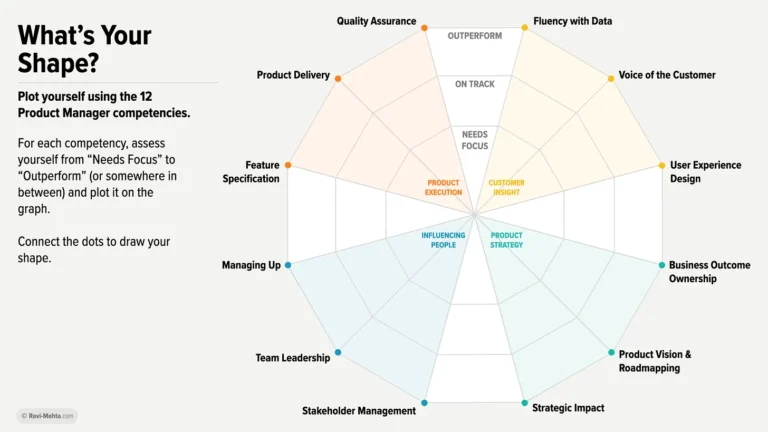Delegating effectively is a balancing act. You have a number of set requirements namely the task, progression, implementation and how much freedom you are prepared to give.
Meanwhile, your team requires instructions from you they can understand, as well as on-going support and the authority to proceed with confidence. By exploring both sides well, reaching a mutual agreement, and considering our top 4 tips on how to successfully delegate, you won’t go far wrong.
Find more advice like this, within the candidate advice section of our blog.
4 tips; how to delegate
1. Be prepared
There are plenty of things to consider in advance, for example, the scope, complexity and timing of the project. These factors will influence what you choose to delegate and help you assess who is the best person for the task. Make sure you give prior thought to:
- The decision-making processes: What can the staff member decide, and when should they defer to you?
- Why the task needs doing and why you have chosen this person to do it?
- How they feel about the task, are they happy to rise to the challenge and do they have any fears or concerns?
- The details about what exactly needs doing by when, including any flexibility there is
- The result you are looking to achieve and that the task performed is understood. What difference will the outcome make?
- The progress reports you require and how monitoring will occur
- Questions that may arise. These will help you discover if what you have said has been taken on board. If there are no questions, ask your staff member to explain back to you what needs doing
2. Be willing to let go!
Management means getting things done through other people – not doing it all yourself. We all have parts of our role that we favour, but that doesn’t necessarily mean we should hang on to them. If you just delegate the dull or difficult tasks you don’t want to do, it could impact on the other person’s motivation and their opinion of you too.
3. Meet their needs, not yours
If you are set in your ways, it is unlikely that any living person will carry out a task exactly the same as you would. Be careful that your team member isn’t made to feel a failure because you are setting the bar impossibly high.
4. Compliance vs commitment
If you are the boss, subordinates usually comply. Compliance often only encourages the minimum effort staff can get away with. Commitment, on the other hand, means they are on your side, motivated and engaged. They actually think and care about doing a good job for you. The quality of your relationship with your team is the biggest factor. Do you know your people’s aspirations, abilities and concerns? Do they have reason to trust and respect you? If you actively build sound relationships, commitment will follow and delegated tasks performed with enthusiasm and mindfulness.
Conclusion:
You can clearly make or break your success on the management path by the way you delegate. Well respected, top-of-their game managers are usually surrounded by willing staff who are not only able to get the job done, but are also concerned about quality and prepared to go the extra mile. Good delegation not only gets good results, but also increases the capabilities of the team, and frees up your time for more important things.
If you’re looking for a new job, we’d love to hear from you and help you find your new position. Upload your CV.




